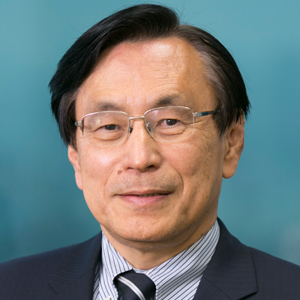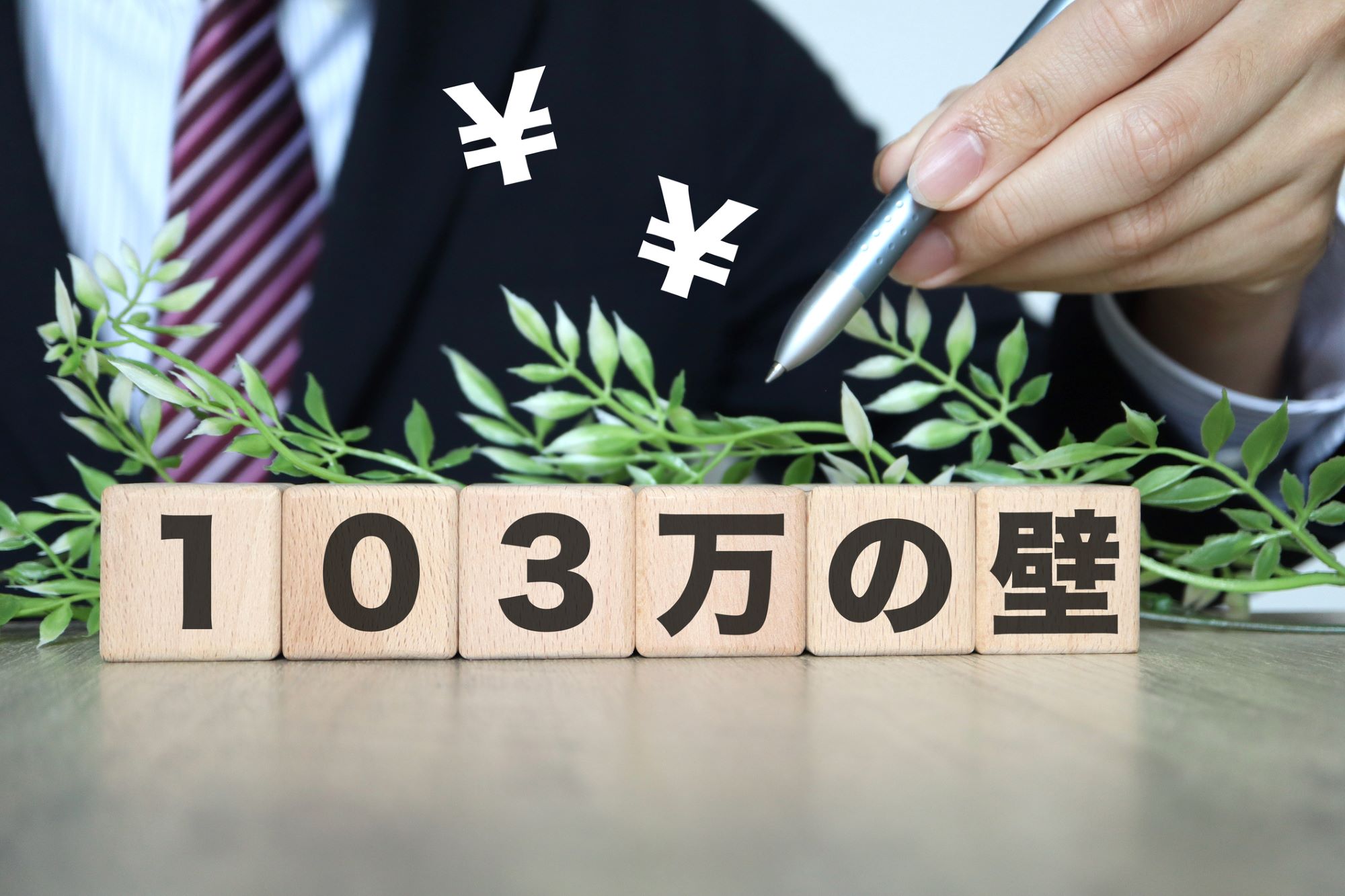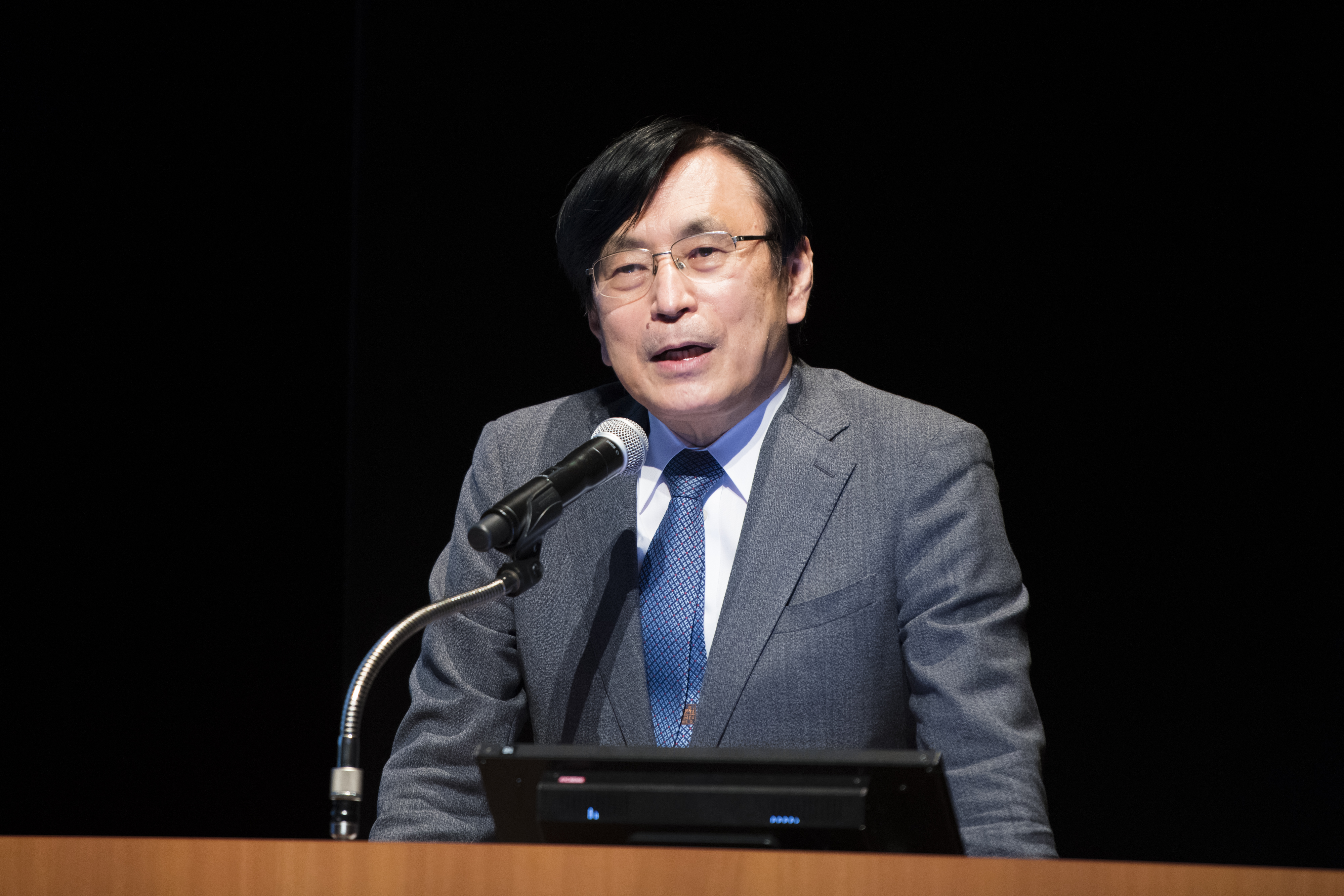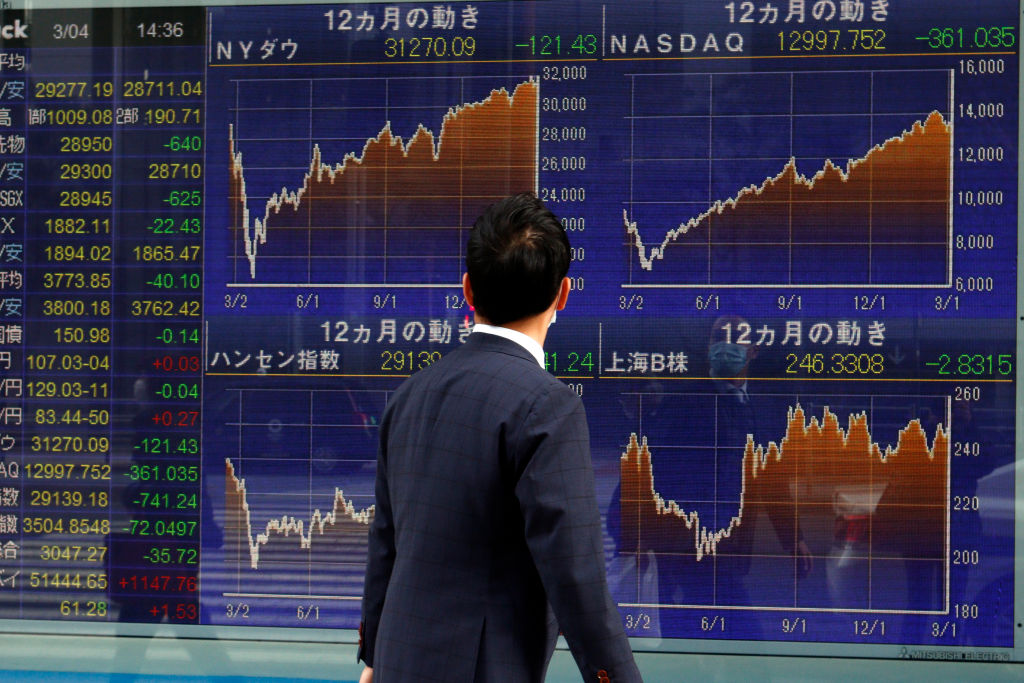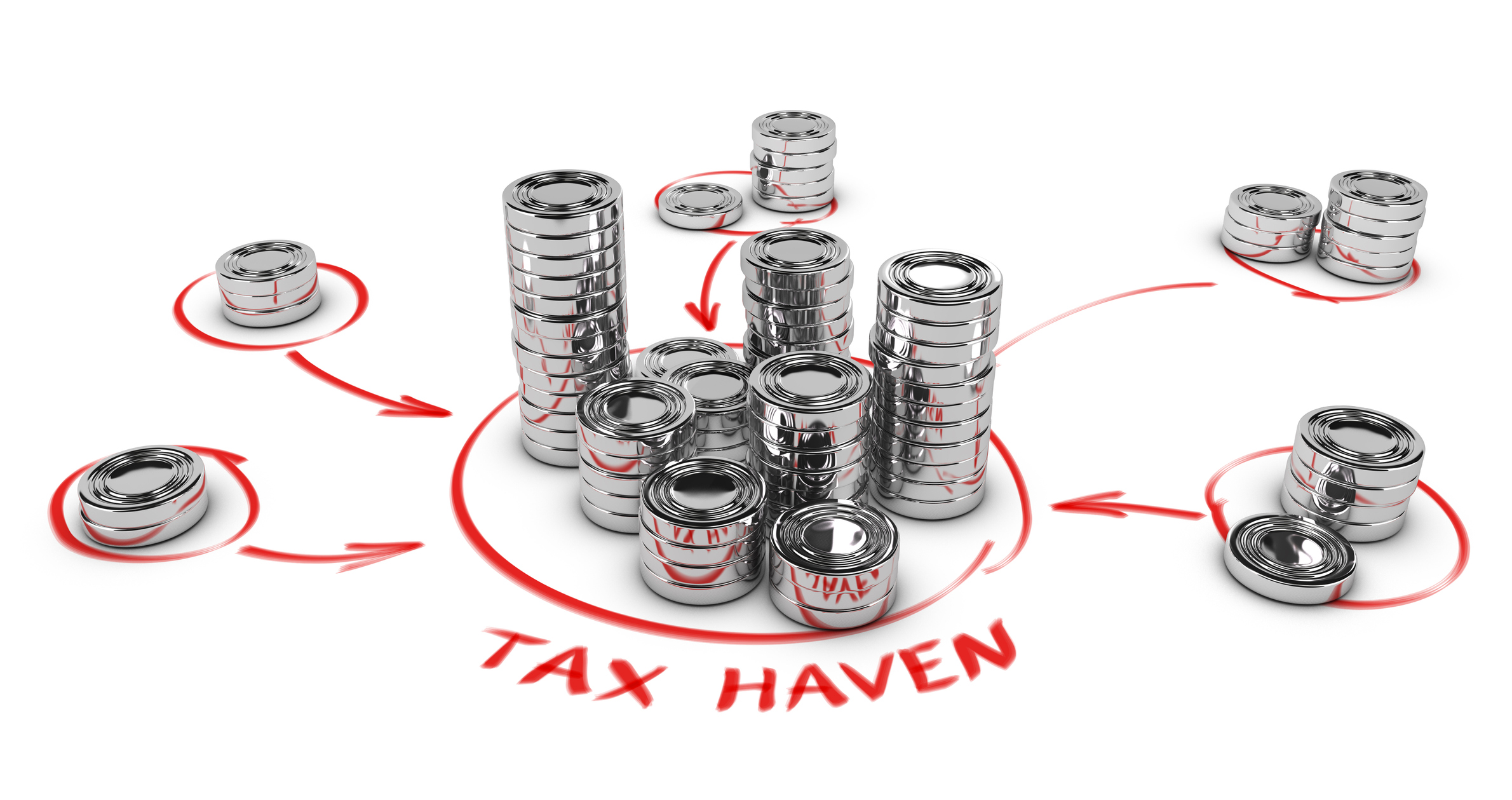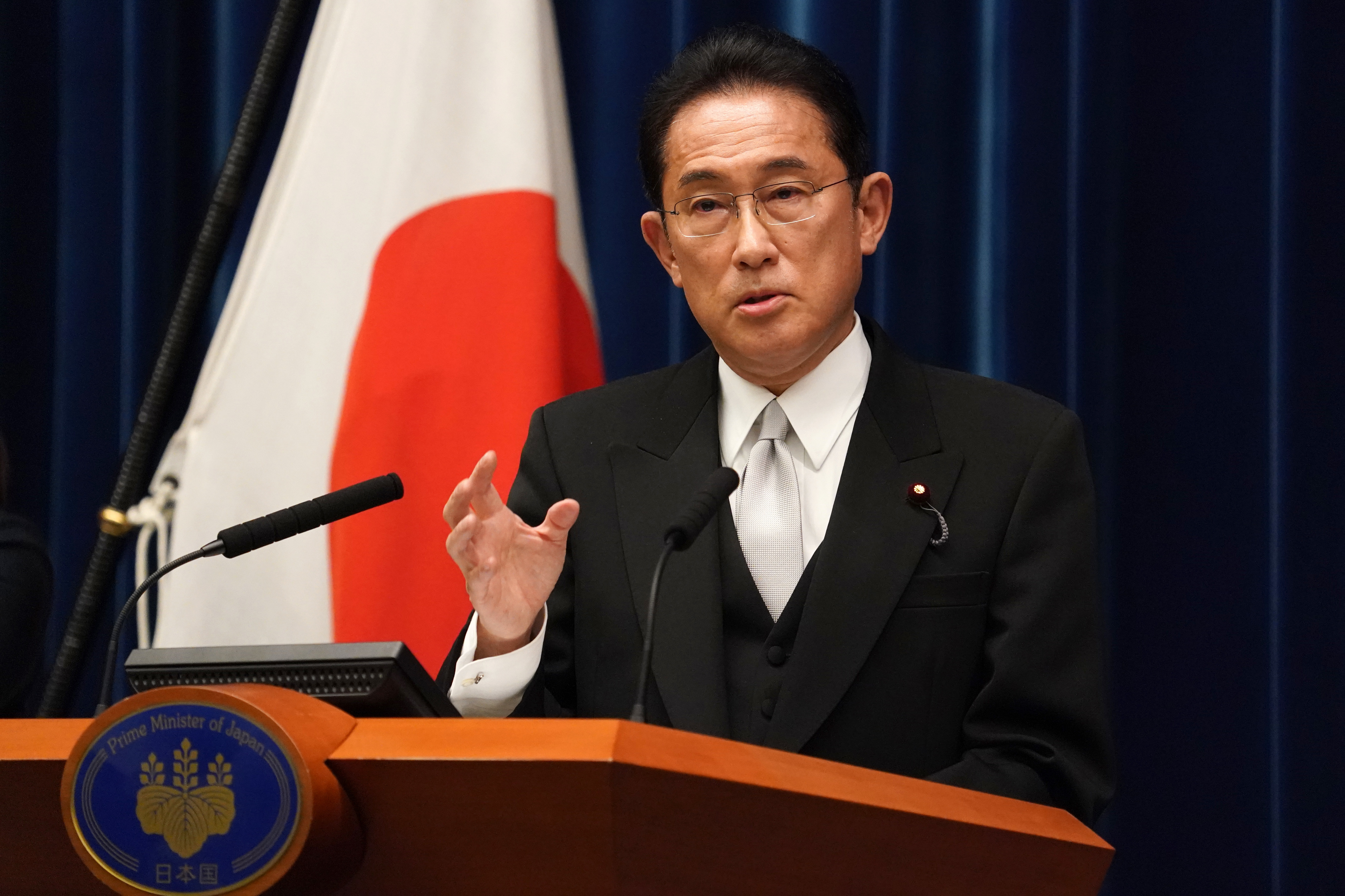
Tax Solutions for the Age of Economic Inequality: Refocusing the “New Capitalism”
May 17, 2022
R-2022-001E
Sounding the alarm over growing economic inequality, tax expert Shigeki Morinobu calls on Prime Minister Kishida to act on his stated commitment to a “new capitalism” with tax reforms geared to “the r > g era.”
Reckoning with Entrenched Inequality
Recent studies have shown how income inequality is passed on and augmented from generation to generation. Children from stable, affluent households have a better chance of getting the education they need to gain admission to a top university, which vastly improves their odds of achieving affluence themselves.[1] As this socioeconomic stratification progresses, the less fortunate may be forgiven for concluding that their lot in life was determined at birth, and that there is not much point in trying.
This, indeed, is the attitude implicit in the buzzword oya-gacha—roughly, “parent lottery”—popularized on social media. Derived from the name of a vending machine that randomly dispenses capsule toys to children, the term expresses the view, increasingly prevalent among Japanese youth, that success or failure in life is determined by the circumstances of one’s birth, over which one has no control. When young people feel that they have drawn the short straw, and no amount of effort is likely to overcome that disadvantage, they lose the motivation to strive for betterment. This attitude further exacerbates social stratification and fragmentation.
As I explain below, the market’s primary mechanisms of income redistribution, such as corporate pay raises, are powerless to reverse this trend. The only answer is for the government to use its powers to effect redistribution through tax and social security reforms.
Sources of Economic Inequality
That said, redistribution via taxation inevitably impinges on private rights. The government must be able to offer taxpayers a convincing justification for such taxation.
The factors leading to individual disparities in income and wealth might be broadly grouped under the headings of luck, native ability, and effort.
Some people strike it rich through sheer happenstance. Financial success can hinge on being in the right place at the right time or knowing the right people. A sympathetic superior can provide an important career boost. A company can take off thanks to unanticipated changes in the social and business environment. Even Nobel laureates talk about lucky accidents. Few people would object in principle to returning to society some of the extra income and assets attributable to pure luck.
Native ability is largely written into our DNA. Since we inherit it from our parents, an argument could be made for returning to society and the state at least some of the additional income that can be attributed to native intelligence or talent.
Things get trickier when it comes to income generated by individual effort. Doubtless many people feel they have a right to any extra income and wealth they earn as a result of such effort. But as noted above, research has tended to confirm the oya-gacha view that children from well-to-do households have a big advantage over their less affluent peers. As a consequence, support is building for the idea of returning to society some of the wealth traditionally attributed to individual effort.
The problem is that, if taken too far, such redistribution can undermine the nation’s work ethic by robbing people of the incentive to work hard. This consideration limits how far governments can go in redistributing wealth through highly progressive income and inheritance taxes. The design of a country’s tax system reflects the relative weight accorded these competing considerations.
Back in 1986, the top income tax rate in Japan was 70% ,and the inheritance tax was 75%. Those rates have since been cut to 45% and 55%, respectively, on the grounds that we need to reward individual effort to provide incentives for hard work in our mature economy. (By way of comparison, the top income tax rate in the United States is currently 37%, down from 50% before the Reagan tax reforms, while the inheritance tax is 40%).
In this way, the redistributive emphasis of a tax system tends to change as the economy and society evolve. Some experts believe we are due for another shift.
When Return on Capital Exceeds Growth
In his 2014 work Capital in the Twenty-First Century, French economist Thomas Piketty argues that concentration of wealth occurs when the return on capital (r) is greater than the rate of economic growth (g). The rich are able to accumulate capital, which they reinvest; their wealth thus continues to accrue in a snowball effect. Income from labor, by contrast, grows no faster than the rate of economic growth. Piketty demonstrates the historical correlation between r > g and rising economic inequality and argues that without decisive intervention, the trend is bound to continue through the twenty-first century. This is a problem for society as a whole, since rising inequality breeds tensions that can lead to scapegoating, fuel nationalism and populism, and undermine social and political stability.[2]
In Japan, returns on investment have been lower than elsewhere due to persistent deflation and low interest rates, maintained by the central bank’s aggressive monetary easing policies. Even so, investments in real assets, encouraged by the Bank of Japan’s loose monetary policy, have yielded a return on capital far in excess of Japan’s sluggish economic growth rate. Moreover, at such a time as the BOJ decides to shift course in response to rising US interest rates and the weakening yen, the r-g gap will widen, fueling even greater economic inequality and socioeconomic stratification.
Under our current tax system, the options for tackling this problem are limited.
Income generated by investment assets—including dividends and capital gains from the sale of securities—is subject to income taxes. However, in Japan and elsewhere, financial income is taxed at a rate that is largely shielded from the progressive nature of income taxes. Let us suppose that assets generate a 3% annual return. Even if that income were taxed at 40%—double the current rate of 20%—it would still augment the assets of the wealthy by 1.8% (60% × 3%) every year. In short, the income tax as currently conceived is insufficient to stem the growth of economic inequality in the age of r > g.
Furthermore, at present the governments of the industrial world tax only realized gains. No matter how much the value of one’s assets may appreciate, that increase in wealth is not subject to taxation unless one cashes in. As a result, only a small portion of the wealth that accumulates among the rich is subject to redistribution via taxation.
A hike in the consumption tax is no solution. To the contrary, the consumption tax is regressive by nature, since the wealthy spend a smaller proportion of their income on consumption. From the standpoint of economic equality, raising the rate is counterproductive.
Thomas Piketty concludes that countries need to band together to impose a progressive wealth tax on the richest individuals, based on assessments of their assets’ market value. We have seen international coordination materialize in recent months under the leadership of the Organization for Economic Cooperation and Development, so the proposal may have much to recommend it.
Biden’s Billionaire Tax
Meanwhile, in March this year, US President Joe Biden floated his own redistribution initiative in the form of the Billionaire Minimum Income Tax. Under the BMIT, the federal government would impose a top-up tax to ensure that the wealthiest households pay at least 20% on their full annual income, including unrealized appreciation of financial and other assets. The BMIT would apply only to households with a net worth of more than $100 million—roughly 10,000 households, corresponding to the top 0.01% in terms of wealth—and would raise an estimated $360 billion over 10 years.[3]
Driving the BMIT initiative is an awareness of the need to improve the fairness of the tax system in the age of r > g. In the United States, as in Japan, qualified dividends and long-term capital gains are taxed at substantially lower rates than earned income, and unrealized gains go tax free. Since such financial income accounts for a relatively large portion of total household income among the wealthy, the super-rich often end up paying taxes at a lower effective rate than middle-class working families. American billionaire Warren Buffett has famously deplored the fact that he pays taxes at a lower rate than his secretary. The reason for that is that much of Buffett’s wealth takes the form of shares in his own investment firm, Berkshire Hathaway. Instead of paying dividends, Berkshire Hathaway reinvests all the returns in promising new businesses. As a result, the value of Buffett’s shares—and his net worth—has soared year by ear. But unless he sells the shares, the gains are not taxable under current income tax rules.
The inability to tax the unrealized appreciation of assets has been termed the Achilles heel of income tax. Biden’s BMIT aims to change that by taxing increases in the assessed market value of the richest households’ wealth. Just how such assessments will be carried out is one of the questions that critics will be asking as the proposal comes up for serious debate.
Whatever Happened to the New Capitalism?
By contrast, the current Japanese administration has proposed virtually nothing in the way of bold new policies to address the basic problem that Kishida himself highlighted in his call for a “new capitalism.”
In his inaugural policy speech to the Diet in December 2021, Kishida stressed the growing “disparities and poverty” that have resulted from “overreliance on markets.” He hailed recent initiatives in the United States and Europe aimed at rebuilding on the basis of a “new model of capitalism” that fosters growth while addressing the failures of market fundamentalism, and he pledged that Japan would join that effort and “bring concrete shape to a new form of capitalism that realizes both growth and distribution.”[4] Yet today, a half year later, this grand ambition seems to have given way to a laundry list of new spending programs to support cutting-edge technology.
In his December 2021 policy speech, Kishida called for a course correction after years of “neoliberal” macroeconomic management. Neoliberalism is generally defined as a policy approach that emphasizes the power of private enterprise, frowns on interference with the markets, and favors small government, deregulation, and the free flow of goods and capital across national borders. Any of these principles can be taken too far. But there are still areas where Japan needs further deregulation to open up new frontiers. While experience has taught us the need to exercise some control over global trade and capital flows, Japan can scarcely afford to turn a blind eye to international competition and globalism if it hopes to make up lost ground in the race for digital competitiveness.
On the other hand, economic inequality is a real problem that cries out for action. Without some intervention, the dynamic of r > g will continue to widen wealth disparities, and that trend is bound to be exacerbated by the rise of the gig economy and the growing use of artificial intelligence and robots to replace human labor. Against this background, an awareness is dawning in Japan that economic inequality tends to persist from one generation to the next as a result of disparities in the family, social, and educational environment. As Japan’s population shrinks over the coming years, the assets accumulated by the richest people will be passed down to their children, and the concentration of wealth will snowball.
To prevent the further stratification and fragmentation of Japanese society, the government must shift the focus of economic policy back to the wealth gap highlighted in Kishida’s December 2021 policy speech. It is time for our leaders to take a clear stand on the need for redistributive measures to replace the failed trickle-down policies of Abenomics. The first step should be a tax hike targeting the investment income of the wealthy (not an across-the-board increase in asset income taxes).
Leveraging the redistributive powers of the state to address economic inequities instead of leaving them to deepen and fester—surely this should be the central focus of the new capitalism.
[1] See Ochanomizu University, ed., “Hogosha ni taisuru chosa no kekka to gakuryoku-to to no kankei no senmonteki na bunseki ni kansuru chosa kenkyu” (Analytical Study of the Relationship Between Children’s Academic Ability and the Results of Parent Surveys), March 30, 2018, https://www.mext.go.jp/component/a_menu/education/micro_detail/__icsFiles/
afieldfile/2018/07/10/1406896_1.pdf.
[2] Thomas Piketty, Capital in the Twenty-First Century, Harvard University Press, 2014.
[3] Office of Management and Budget, Budget of the US Government, Fiscal Year 2023, https://www.whitehouse.gov/wp-content/uploads/2022/03/budget_fy2023.pdf.
[4] Prime Minister’s Office, Policy Speech by Prime Minister Kishida Fumio to the 207th Session of the Diet, December 6, 2021, https://japan.kantei.go.jp/101_kishida/statement/202112/_00002.html.
